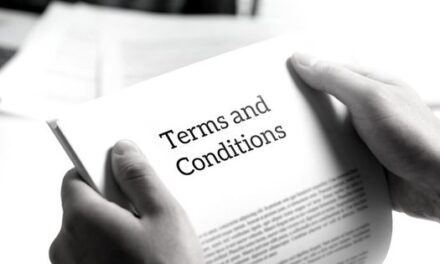With so many businesses struggling to pull through this pandemic, and with so many “tips” on how to survive in business, I share real advice from my Chartered Accounting firm helping to simplify business finances for entrepreneurs, enabling you to focus on their skills, the ones that are revenue-generating for the business.

Protect profit margins: Work on a worst-case scenario forecast
Work with your accountant to create a pessimistic financial forecast of your profit margin. Together, you will need to use specific estimates of cash inflow such as invoices that have been paid, alongside a cash outflow (this would include expenses such as essential salaries, vendor payments, rent, and utilities). Typically, a good net profit margin pre-COVID would have been around 10.9% (this is an average across all industries, this amount can vary from industry to industry). You’re likely to see a far smaller number than that during a pandemic but erring on the side of caution and working on a worst-case scenario forecast gives you the ability to bounce back harder – a business that is breaking even at this point is doing well.
Reduce your expenses: Prioritise paying employees and vendors
During tough times like these, the ability to prioritise your expenses is one way to stay afloat. The top of your list of people/vendors to pay is those that power the revenue-generating elements of your business. This includes essential staff and vendors that supply materials or services that enable you to continue to trade. Consider laying off staff that are not essential and cancelling any expenses, events, or payments that are not essential to your services. Don’t wait until you no longer have the money, pause any campaigns and memberships early on.
Honour loan payments: Negotiate with your lenders
Honouring your loan agreements doesn’t necessarily mean you have to pay them, it means you have to re-negotiate the loan so that you are able to honour it. You want to maintain a positive credit history, even in the direst of circumstances (this is when a positive credit history matters most). There are many small saving graces for small businesses during this time. With so many businesses struggling, the banks are surprisingly amenable to reducing your payments for a set period of time, or even pausing them in some instances. The best way to discover which options are available to you is to discuss them with your accountant and start negotiating with your lenders.
Sole proprietors protect your personal savings: Open business accounts
If you are a small business operating your business from your personal accounts, now is the time to open a business account in order to protect your savings. If bills are paid from your personal account and you find yourself battling to honour your payments during this time, you will need to keep some money aside for survival. Your business financial problems can very quickly become a personal financial crisis in these situations. If you continue to operate without honouring your payments, your personal assets are at the risk of being liquidated to satisfy your creditors. Separating business and personal accounts is essential if you are to know where you stand, financially or better still consider establishing a company.
A final word
Negotiating with your lenders while you find an amicable solution to honouring your debts might be one of the most important ways a business can ensure its survival during a crisis. This might mean you have to take a payment holiday and pause your spending as well. Lenders are typically open to this as a temporary solution.
They don’t want their payers in arrears, it serves both parties to be honest and straightforward.
Always chat with your accountant, they have your business’s best interests at heart and can help you to find the best possible solution by using their knowledge and resources in the financial field.





















